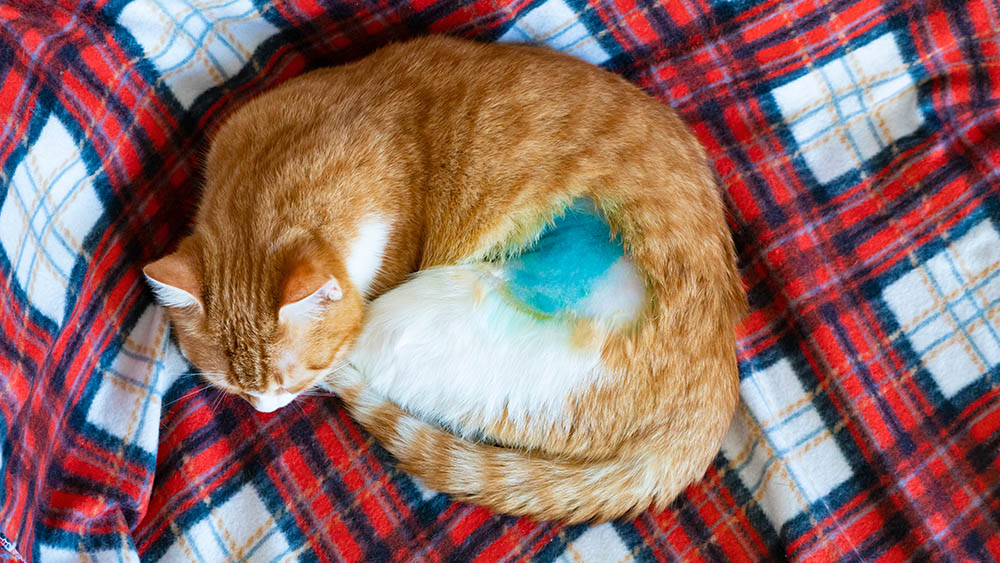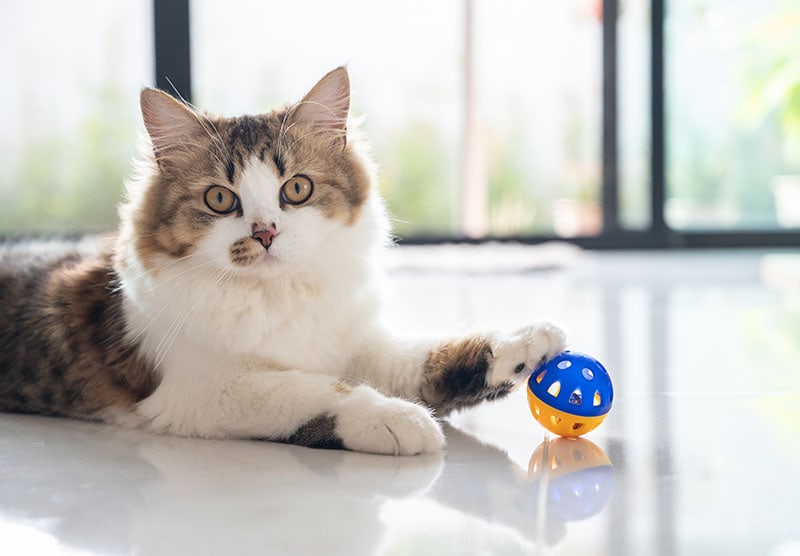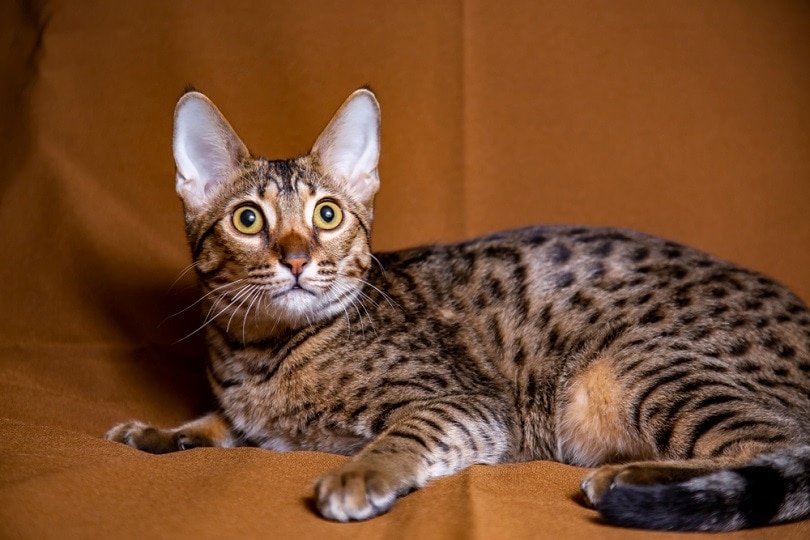Can Cats Drink Gatorade? Vet Approved Facts & FAQ
Updated on
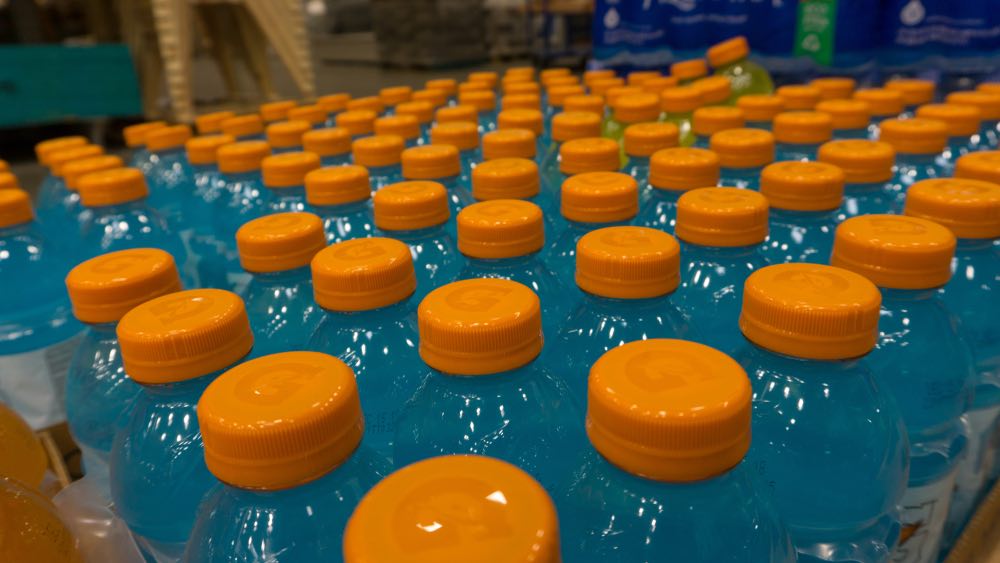
Some of us might be the most familiar with Gatorade after a big night out. Initially designed for athletes, Gatorade is an energy drink designed to rehydrate the body with added electrolytes quickly.
During the hotter months, we may worry about our cats. The heat can drain them of energy and put them at risk of becoming dehydrated, so you may be looking for a way to reduce this risk or help rehydrate them.
You should not give Gatorade to cats to drink. Gatorade has many additives that are not suitable for cats.
Is Gatorade Safe for Cats to Drink?
- Water
- Table sugar
- Dextrose
- Citric acid
- Natural flavors
- Table salt
- Various artificial flavoring and coloring ingredients
The ingredient list contains a handful of helpful electrolytes required in the body. However, Gatorade also has high sugar levels (and sugar-free versions contain artificial sweeteners). The combination of excessive sugar and artificial additives can disrupt a cat’s digestive system and overall well-being. It is best to avoid giving Gatorade to your cat altogether.
A slight lick of Gatorade or a small amount of diluted Gatorade is unlikely to cause immediate harm to your cat. But if consumed over time, it can contribute to electrolyte imbalances in your cat’s body and increase the risk for multiple ailments.
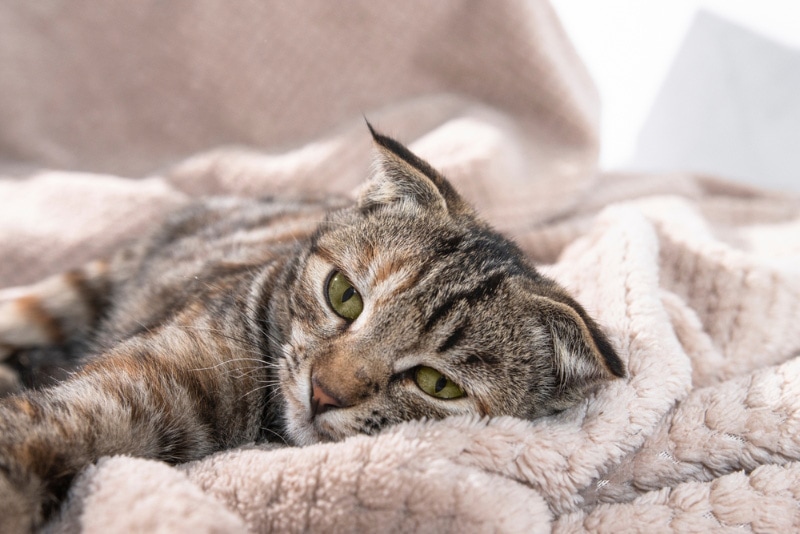
Can Gatorade Help a Dehydrated Cat?
Gatorade is known for being an electrolyte drink. Electrolytes are a group of essential minerals that carry a positive or negative ionic charge. Sodium, potassium, and calcium are some of the most well-known.
Electrolytes are needed for various metabolic processes in the body, including hydration of cells and proper muscle and nerve function. Excess water loss from urination, sweating, or diarrhea can result in dehydration from the low levels of these electrolytes.
In contrast to its intended purpose, excessive consumption of Gatorade can lead to dehydration in cats. The high salt content in Gatorade can increase their thirst, prompting them to drink more water. This can disrupt their electrolyte balance and potentially exacerbate dehydration.
Gatorade has an electrolyte distribution meant for humans experiencing periods of activity or high demands associated with athletic performance. Such a composition of electrolytes is not intended for cats and can lead to kidney or heart issues, as much of the electrolyte balance is done by the kidneys and the heart.
Often, your vet will provide you with a species-appropriate electrolyte, and Gatorade will not be recommended.
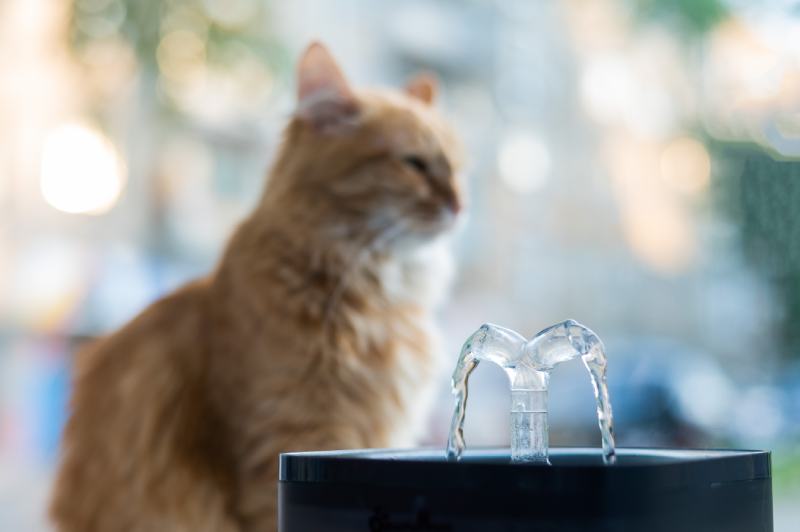
Do Cats Have A Gatorade Equivalent?
While there is no exact feline equivalent to Gatorade, there are specialized electrolyte supplements available for cats. These products are formulated to meet the specific electrolyte needs of cats without the potential risks associated with human beverages like Gatorade.
Before feeding your cat with electrolyte supplements, be sure to consult your veterinarian first for recommendations on which supplements are best suited for your cat.
A cat that’s severely dehydrated and in need of fluid for resuscitation will be prescribed an appropriate fluid by your vet.
If you suspect your cat is dehydrated, have them looked over by your veterinarian.
Signs of Dehydration
- Lack of appetite
- Constipation
- Dry, tacky gums
- Lethargy
- Panting
- Poor skin elasticity
- Sunken eyes
Skin pinching is a good way to check for dehydration in your cat. It’s not as harsh as it sounds! Gently pinch your cat’s skin up into a tent shape. If they are well hydrated, the skin will have plenty of elasticity and quickly bounce back down. If their skin doesn’t recoil in under 2 seconds, or if the tent persists, have your cat examined by your veterinarian.
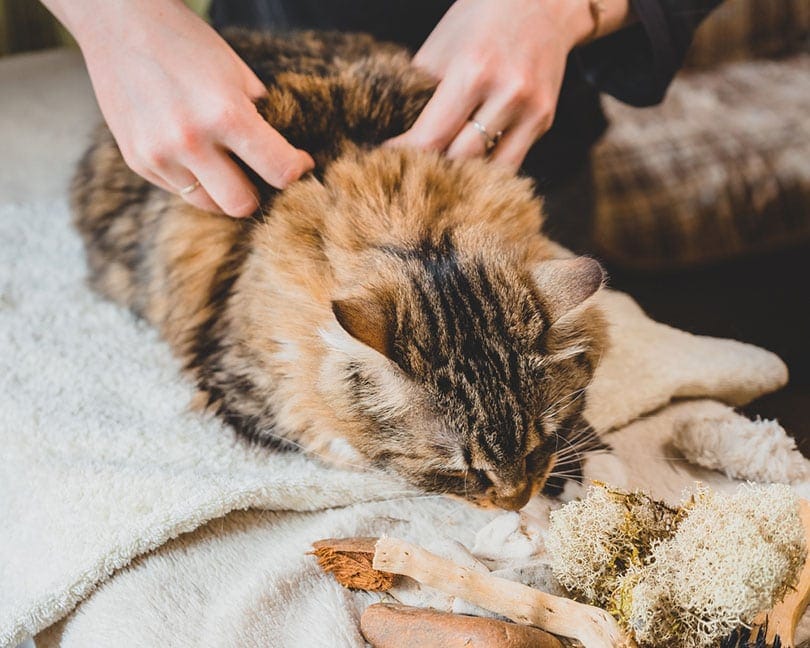
Final Thoughts
While Gatorade can be helpful in rehydration for humans, it’s not particularly “healthy” with the amount of sugar and artificial additives it contains. Gatorade is formulated with human hydration in mind, so the ingredients and electrolytes are not the correct amount or balance for a cat’s body. As such, you should not give Gatorade to your cat.
If you have any suspicions of dehydration in your cat, you should contact your local vet for advice
If you have any suspicions of dehydration in your cat, you should contact your local vet for advice!
Featured Image Credit: DJSinop, Shutterstock



